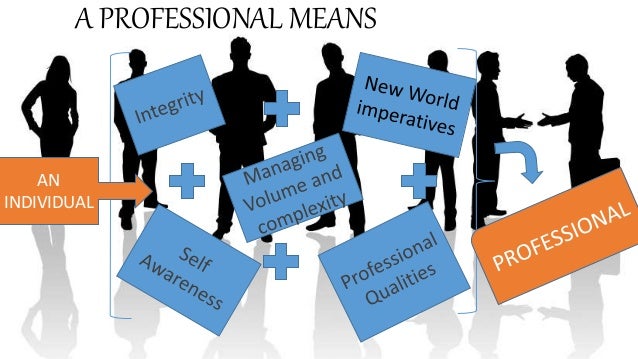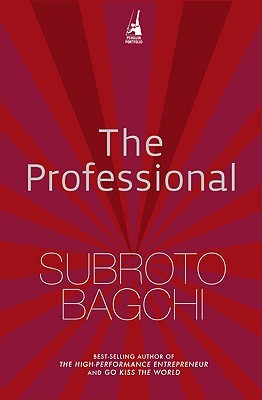

Without a talking dog, this chapter would have been so dull and drab. Well, Cyber actually talks to his 'human sibling' Akshay and gives a discourse on supply-chain management. Actually, through his expressions, I always knew what he wanted to convey. I recall I always spoke to my dog and wished he could talk back to me.


Together with these characters are Cyber the dog (my favourite) and imaginary characters such as Fly High (the angel investor) and Polar (the VC) who appear in a dream and explain the concepts of raising funds.

Each student is portrayed in the book as a character even as the situations, contexts and conversations are fictional. The author conducted workshops with select students from the National Public School, in Bangalore and discovered what they really wanted to know about business. What is more, all this is explained through the eyes of 16 year olds of Urban India. Aspects such as raising funds - from angel investors and from Venture Capitalists, the logistics of running a business - including the intricacies of supply-chain management, the difference between the marketing and sales department, the need for advertising and the values of true leadership and much much more, are all brought out in this book. It is a great book for the curious young adult, who wants to know about how a business entity is run. While the title of the book is "MBA at 16", it is not about acquiring an MBA degree but rather about knowing how a business entity functions smoothly day-to-day. It is not a book that deals with how to prepare for your CAT exam. Mark Tully hailed it as “a remarkable story of courage, integrity and enterprise”. His second book, Go Kiss the World was released in 2008 as a Penguin Portfolio. Many of these are archived at His first book, The High Performance Entrepreneur was released in 2006 as a Penguin Portfolio publication to great critical acclaim. His Businessworld column - Arbor Mentis - and Times of India column - Times of Mind - were widely read and discussed. In addition, Bagchi works at the grassroots by making himself available to its 45 Communities of Practice that foster organizational learning, innovation and volunteerism within the organization.īagchi has written extensively in leading newspapers and magazines, and spoken at industry platforms and educational institutions the world over. In this new role, Bagchi spends one-on-one time with the Top-100 leaders at MindTree on their ‘personal-professional’ issues to expand leadership capacity and build readiness for taking MindTree into the billion-dollar league. In 2008, Bagchi took on the role of Gardener at MindTree. MindTree is among India’s most admired companies across industries. Subroto Bagchi is best known for co-founding MindTree in 1999 where he started as the Chief Operating Officer.


 0 kommentar(er)
0 kommentar(er)
